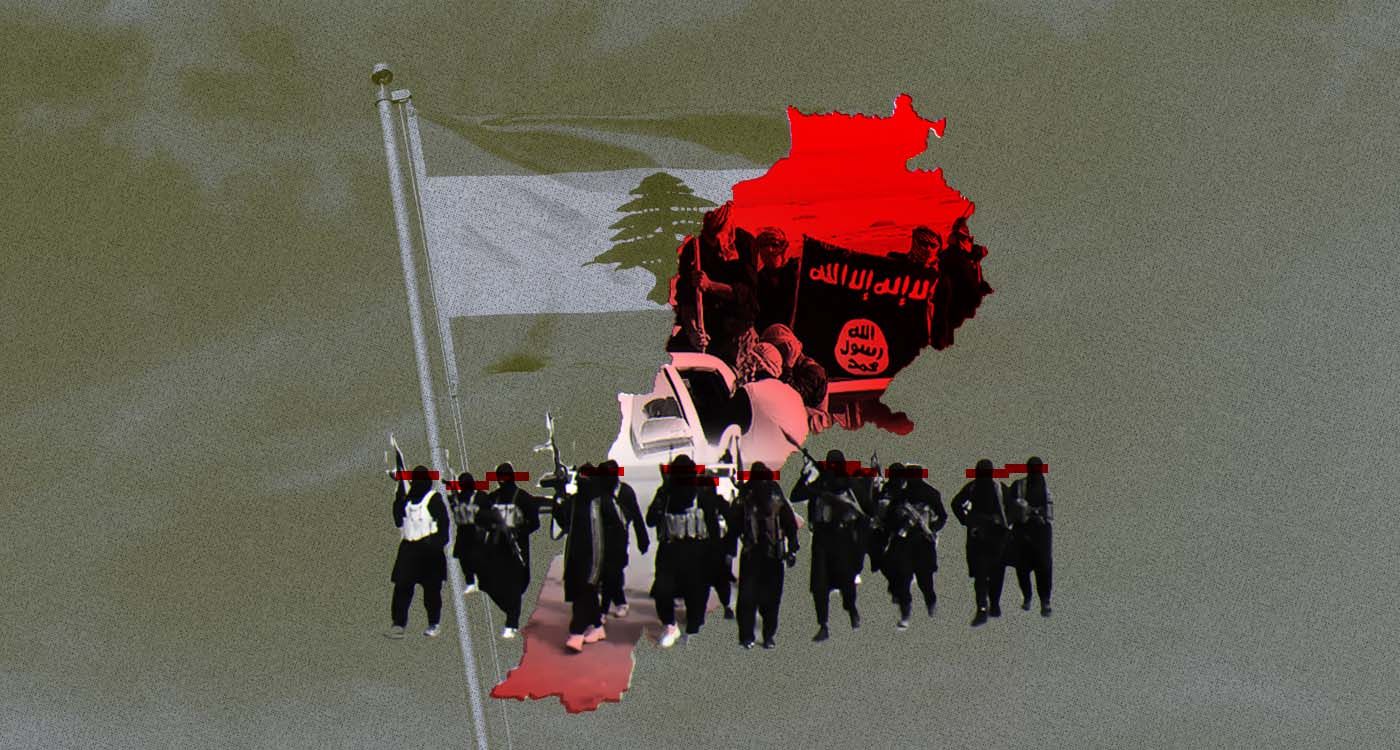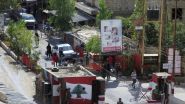
Is ISIS truly active in Lebanon? Following the suicide bombing that targeted Mar Elias Church in Damascus, concerns have resurfaced over ISIS’ threat in Lebanon. Notably, the political base of Hezbollah and the Free Patriotic Movement (FPM) sought to exploit the tragedy to justify, firstly, the persisting presence of illegal weapons, and secondly, to launch political attacks against the Lebanese Force, since the latter does not view Syrian President Ahmad al-Sharaa as a political adversary.
Both Hezbollah and the FPM appeared to amplify ISIS’ threat in Lebanon. Nevertheless, while some of this discourse may be politically motivated, it does not negate the fact that ISIS sympathizers do exist within Lebanon. These elements, however, remain under strict and close surveillance and control by Lebanese security.
Security sources confirm that attempts to recruit Lebanese nationals into this terrorist group are ongoing. These efforts are being orchestrated from within Syria, targeting individuals in Lebanon who already espouse extremist ideologies.
One such success involved a man known as Abu Saeed al-Shami, who was arrested last December. Al-Shami was identified as ISIS’ so-called “governor” of Lebanon, who resided in the Haddadin area of Tripoli. He managed to mobilize around 30 individuals — half of whom were knowingly involved, while the other half were unaware of serving a terrorist cause. This network, dismantled following his arrest, had been preparing terrorist operations through seven separate cells based in northern Lebanon. Their plans targeted various Lebanese areas, with intended attacks against the Lebanese Army and communities considered “enemies” by ISIS, such as Christians and Shiites. The group also planned assassinations of individuals labeled as “apostates” or “infidels.”
Despite the fall of Abu Saeed al-Shami, Syrian-based ISIS operatives continued their recruitment efforts. They succeeded in appointing a new “governor” for Lebanon, known as Qassoura, from the Beqaa region. He began laying the groundwork for terrorist activity, focusing on explosives — his area of expertise, as he is trained in chemistry. He reached out to several young men aiming to form operational cells affiliated with ISIS. He amassed weapons and ammunition and, more dangerously, sought to assemble and rig drones for use in terrorist attacks. However, he was also arrested by security forces.
Security sources state that Lebanese agencies are closely monitoring several individuals suspected of harboring ISIS ideology across various regions in Lebanon. So far, however, these individuals have not exhibited any active security threats, and there is no sufficient evidence to justify their arrest at this stage.
Following the Damascus church bombing, surveillance efforts have intensified, particularly in certain Lebanese areas and Syrian refugee camps. Lebanese security agencies are also closely tracking updates and findings from the Damascus investigation, seeking to identify whether any intelligence services may have exploited ISIS’ presence in the area to execute the bombing. It is suspected that the group may be infiltrated by several intelligence agencies, which could potentially deploy them in service of broader geopolitical agendas.




Comments